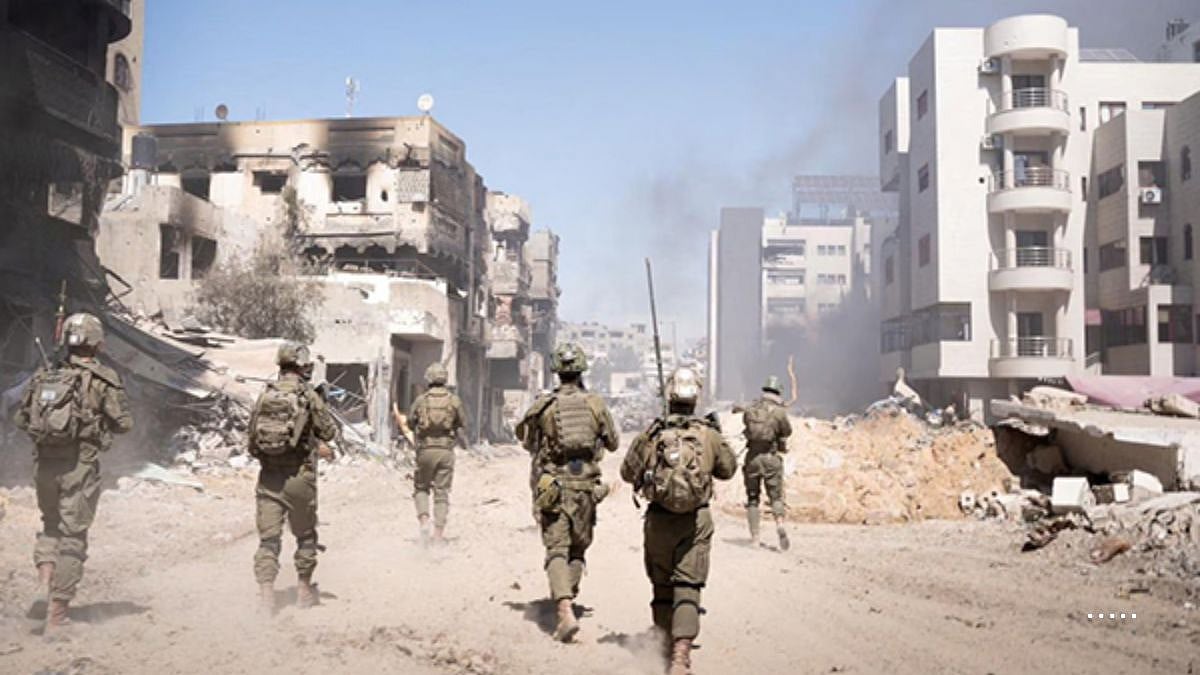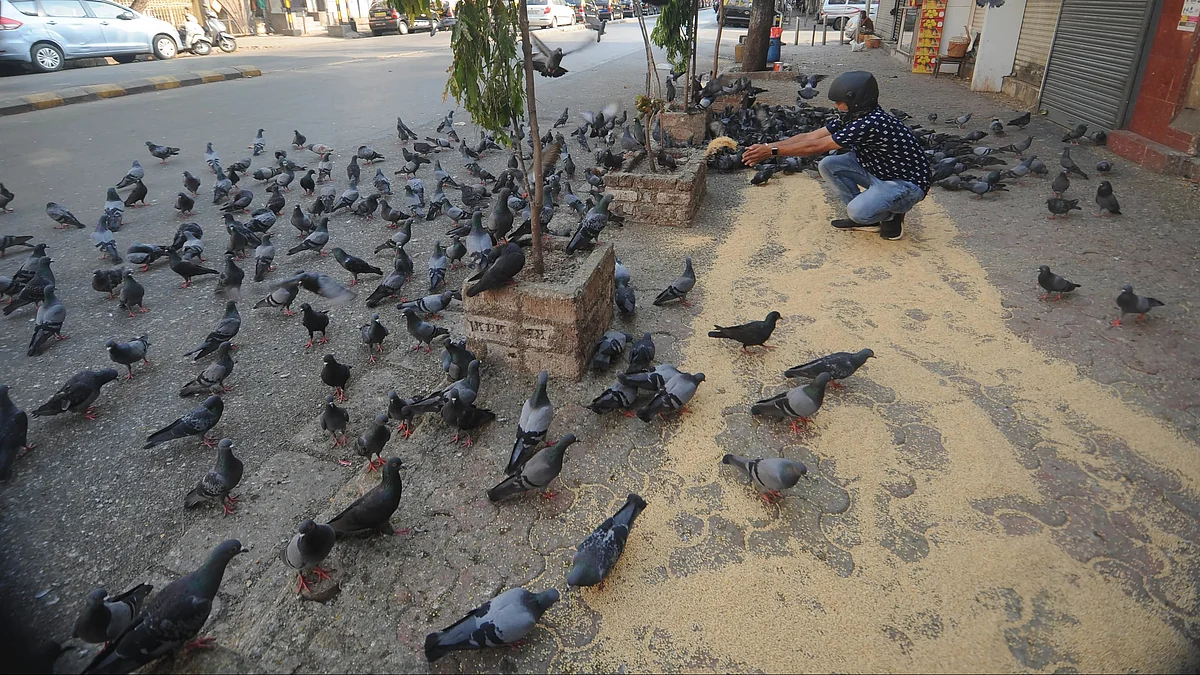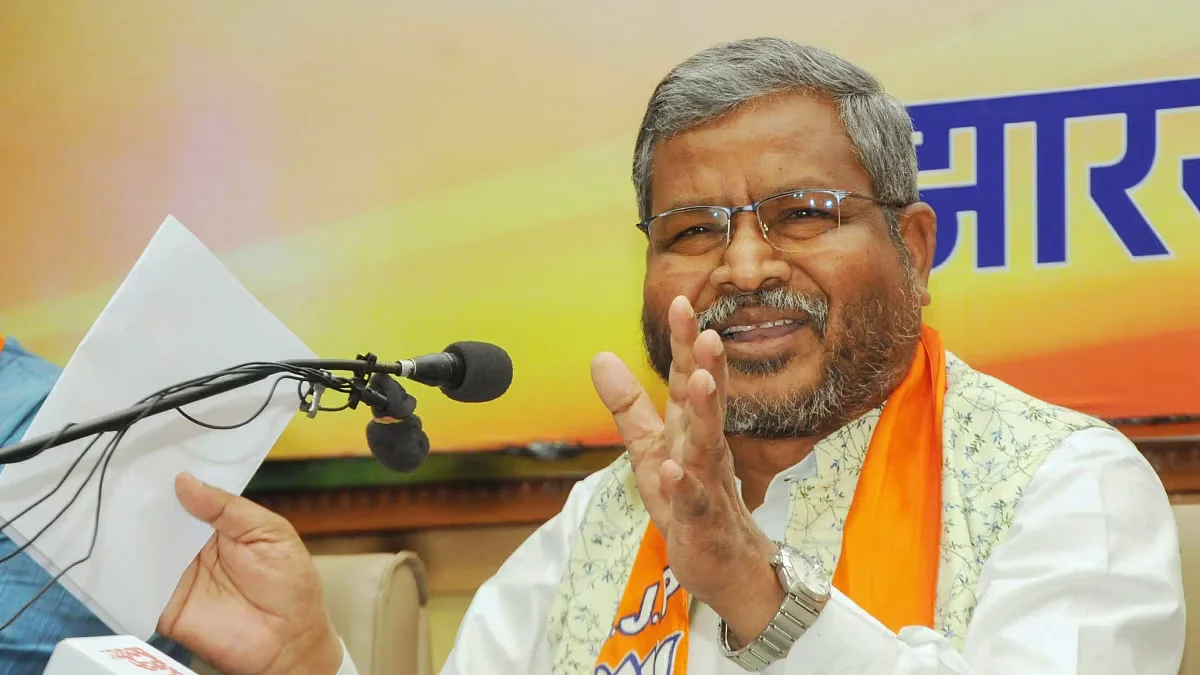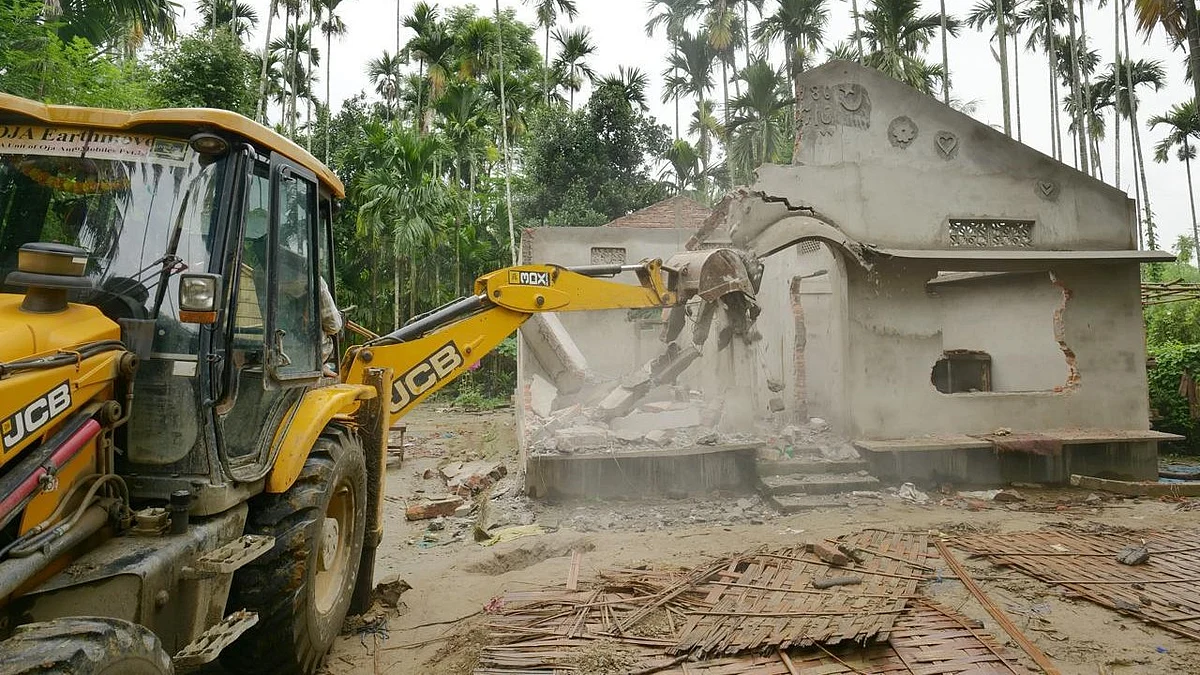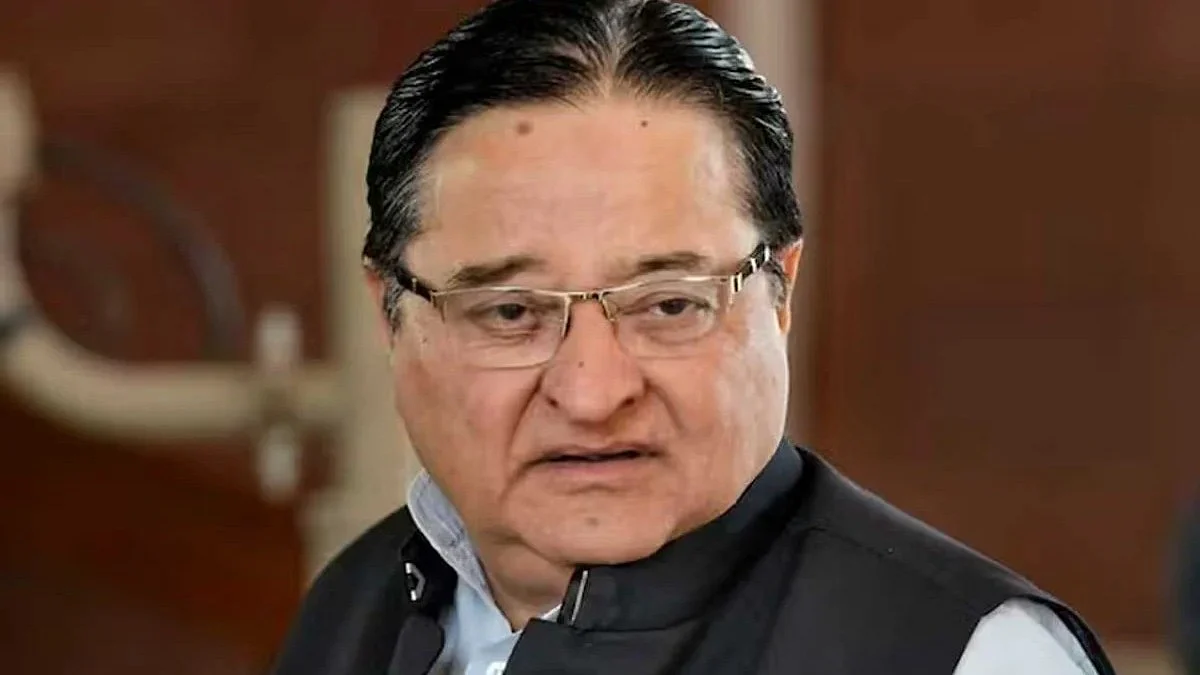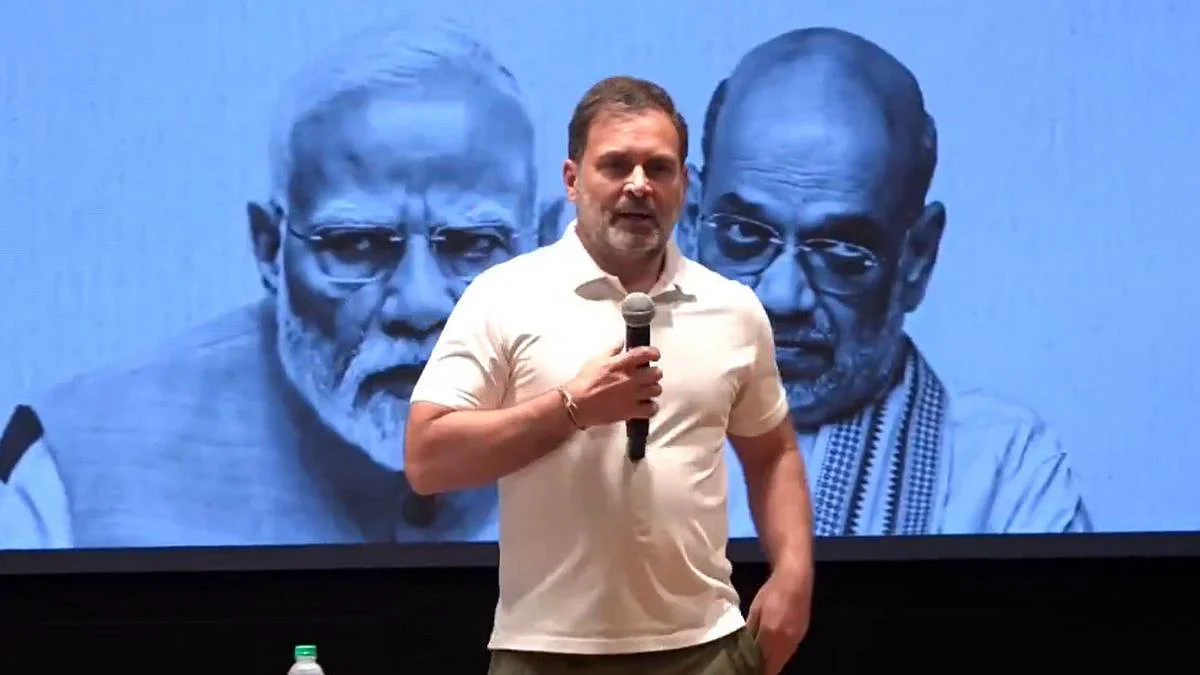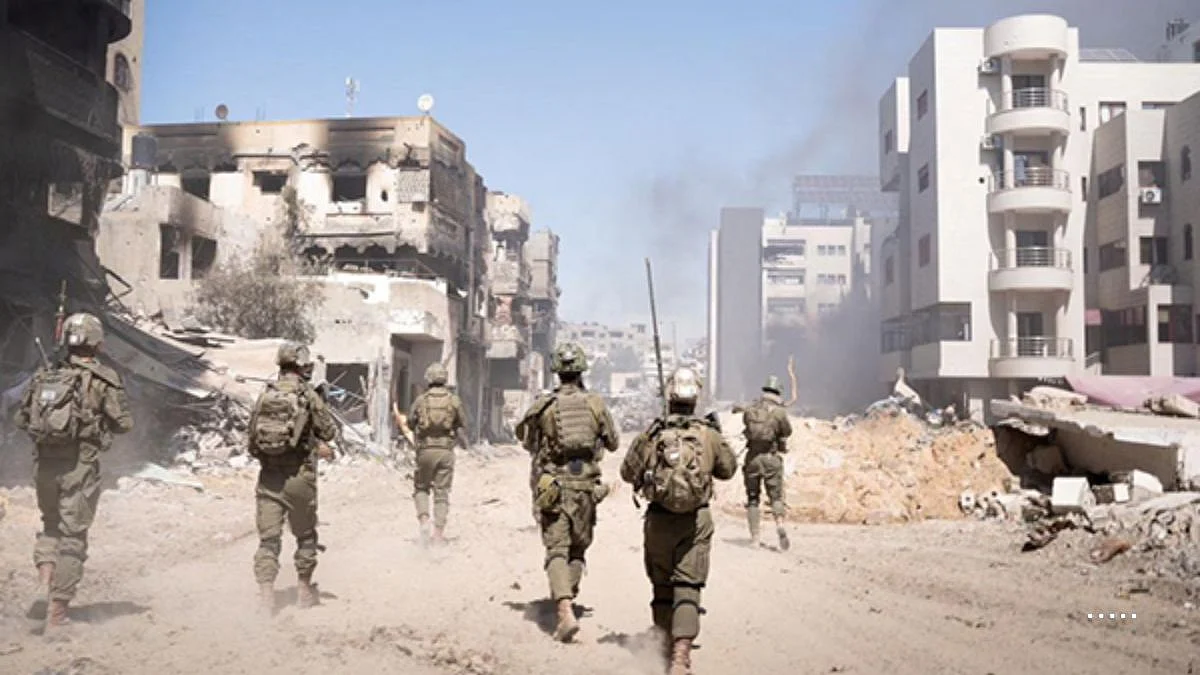What does one make of forced starvation in Gaza that has no moral cost on anyone in the world? If realism demands strategic silence and sympathy for the beleaguered and hungry Gazans is policed, and protests against genocide are considered support for terrorism and antisemitism, then surely there is something fundamentally wrong with the world’s conscience.
In the immorality of Israel’s actions to deny food, water, medicines, and other essentials to helpless people in Gaza, combined with the West’s failing to sanction Israel, President Donald Trump and European leaders are not only complicit in Israel’s crimes, but their brazen silence has allowed the genocide of Palestinians to continue unchecked for so long, even though they have the power to stop the massacre and ethnic cleansing.
The West’s incredible contradictory standards on their commitment to fundamental human rights, defence of international law and multilateralism, the stark contrast between the firm response of the US and European nations to Russian aggression against Ukraine, and their passivity in the face of war in Gaza, despite the dramatic deterioration of the humanitarian situation there and the increasing violations of international law in the West Bank, simply show the Western world’s moral turpitude over the genocide taking place after systematically destroying all the infrastructure in Gaza. Their economic interests and strategic control over the Middle East for military bases, oil routes and arms contracts explain the West’s inaction in controlling an obscenely barbaric crime.
Israel’s ongoing, relentless and zealous military onslaught in Gaza may have been triggered by the October 7 attack by Hamas. But for all those who have a sense of history, the Israel-Palestine fight is a controlled burn, stoked by strategic interests embedded in the unresolved conflict. Caught in the circle of deceit, profound lack of ethical principles, and horrific violence are the Palestinians ever since the contentious creation of Israel, a national home for Jewish people in 1948 in a land already lived in by Palestinians. Since the displacement of over 7 lakh Palestinians in the first Arab-Israeli war, called the “Nakba” of 1948, the conflict has continued to this day in various ways: violence, aggression, evictions, new settlements, blockades and the fragmented autonomy granted in place of freedom to Palestinians.
Over the past 75 years, the various accords and agreements signed to ensure peace between Israel and Palestine have proved futile because they have essentially been aimed at safeguarding Israeli dominance while speaking the language of peace. In fact, the peace process has been a cover for more violence and dispossession. The consequences of Europe’s reckoning with its own antisemitism being offloaded onto Palestinian soil and the subsequent rigged peace initiatives are still unfolding in the region, which has been turned into a geopolitical battleground for a different kind of colonialism: occupation by force administered to serve the interests of the West through profitable conflicts. For peace to emerge in the region, it will only take foreign powers to step back and stop providing Israel with the military weapons and bombs that are used to bombard Gaza and kill Palestinians.
Violence does not emerge from nowhere. When the seeds of conflict are sown, festering fights often break out into a vicious cycle of uncontrolled episodes of action and reaction. Geopolitical shifts deepen the crisis further. Diplomacy and strategic partnerships complicate the crisis. When diplomacy favours one party and dialogue is rigged, the aggressor gets the advantage, and the aggrieved or the victim is left to fend for itself. This is broadly the case with the unsettled Israel-Palestine conflict—while Israel has been rewarded instead of bearing the consequences for its brazenly aggressive, violent, and inhuman actions, Palestinians continue to suffer brutal persecution.
This has facilitated Israel’s “war on terror” turning into an act of barbarism, humiliation, and dispossession, making the “right to self-defence” become the right to deny the same to others. This pattern of intermittent armed conflicts, horrific violence and killing does not begin or end with Israel and Palestine, though it is endlessly indulged in in the Middle East. From Africa to South Asia, conflicts and violence are embedded in the systems created by colonial powers. Conquests and control over resources have been justified and wrapped in the language of peace, human rights, and political stability. But the calculations are explicitly geopolitical and economic interests for arms deals and business contracts. In a rational world silence in the face of injustice is always a sin. But then in every atrocity in history, the silent are always the principal players who facilitate terrible crimes. Gaza stands out as a prime example among the many—Rwanda, Congo, Sudan, Ethiopia, Syria, Iraq, Lebanon, and Libya.
Imagine if all those who are silent about the genocidal mayhem in Gaza had spoken and intervened; the war would have ended long back, or at least with the ceasefire agreement in January, had Israel not violated it repeatedly. Several media reports have detailed Israel’s destruction of civilian infrastructure in Gaza, systematically making it uninhabitable. Israel has made no attempt to disguise its belief that the civilian population in Gaza has collective guilt for what Hamas did 22 months ago. It has also not disguised its intent behind continuing the war: to make Gaza a wasteland. Israeli leaders and officials have made countless statements of criminal and genocidal intent since the onslaught on Gaza began. One of them has been that the “only solution for the Gaza Strip is to empty it of Gazans.”
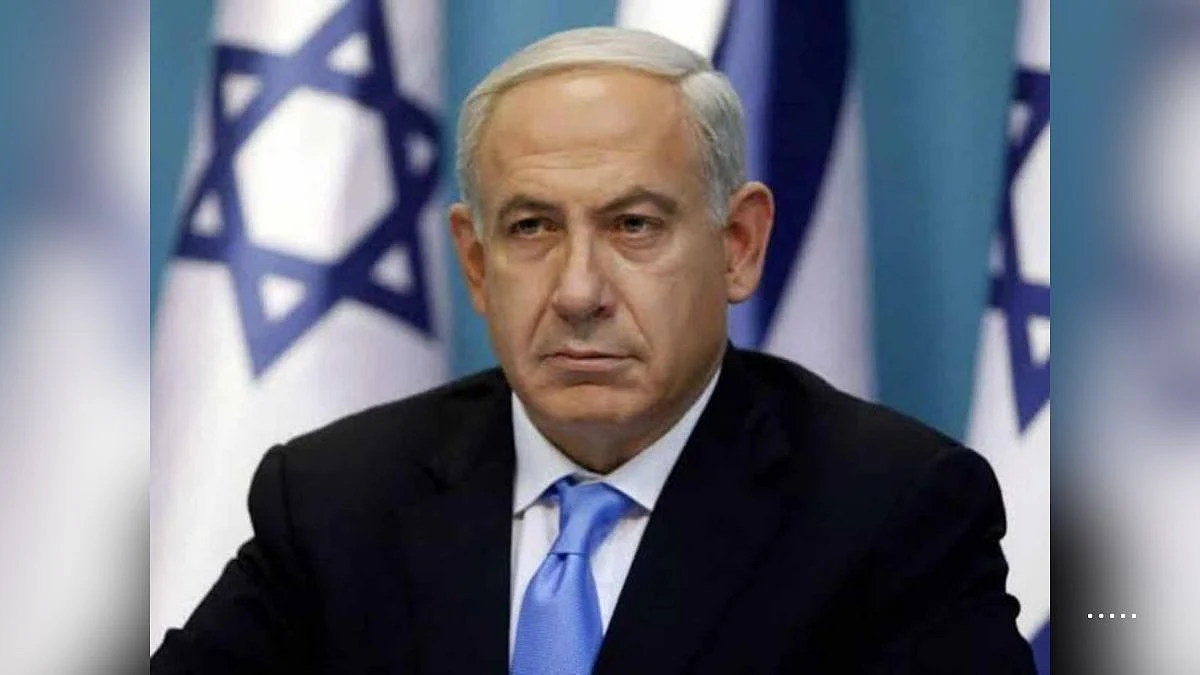
The world is made to believe the narrative that peace prevailed in Gaza before the abominable attack of October 7. It did not—238 Palestinians, including 44 children, had been killed in the previous nine months of 2023. No crime in history has been so well documented by its victims as in Gaza, thanks to the internet and mobile phones. For nearly 700 days now, Gaza’s survivors continue to post the evidence of suffering on social media, asking for help and hoping that enough consciences will be pricked to end the war. And no crime has been confessed to by its perpetrators as it happened. So, how can a crime so documented and evidenced be allowed to continue for so long? Time is running out for the traumatised Gazans and for those who would want to salvage their conscience.
The writer is a senior independent Mumbai-based journalist. He tweets at @ali_chougule
